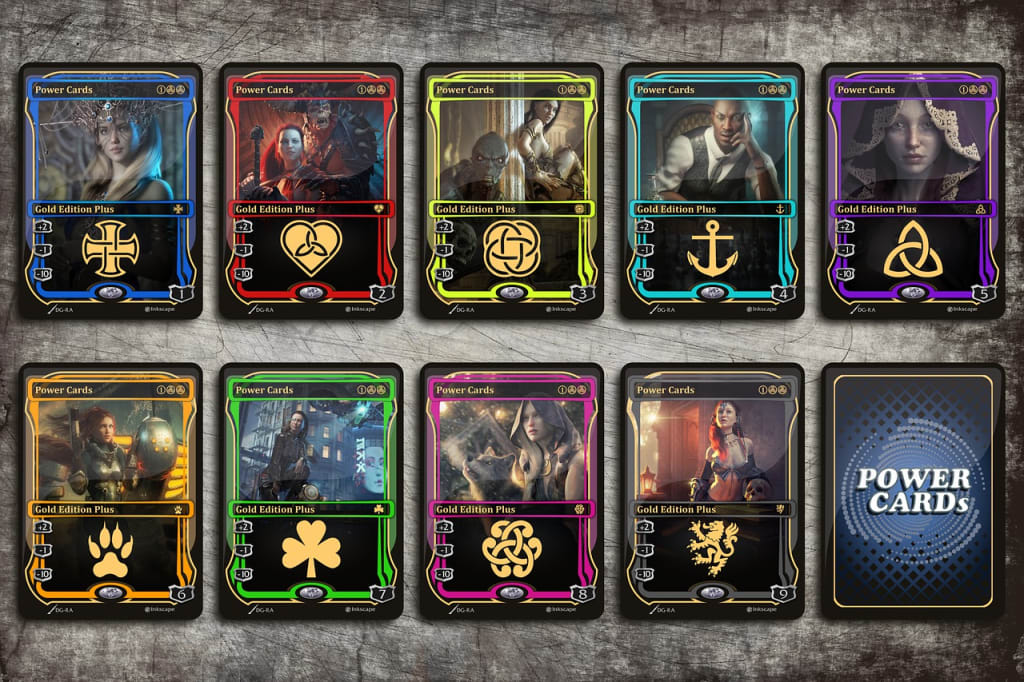The origins of the card game GDR as we know it
Card games have been a popular form of entertainment for centuries. From simple games played with a deck of cards to complex strategy games, card games have evolved over time to become a beloved pastime for people all over the world.

Card games have been a source of entertainment and enjoyment for centuries, captivating people of all ages and backgrounds. Their origins can be traced back to ancient China, where the first playing cards were created using the newly invented paper. Initially used for divination purposes, these cards were intricately decorated with symbols and designs, allowing their users to predict the future.
As time passed, the popularity of card games spread to other parts of Asia, such as Japan and Korea. In Japan, a game called Hanafuda emerged, featuring cards adorned with beautiful images of flowers. The cards were modified to reflect the cultural preferences and traditions of each region, fostering a sense of uniqueness and diversity among card games.
The introduction of playing cards to Europe can be attributed to Arab traders in the 14th century. Originally designed for gambling, their popularity quickly grew throughout the continent. However, these early European cards were hand-painted and expensive, limiting their accessibility to the wealthy elite.
The advent of printing technology in the 15th century revolutionized the production of playing cards. Mass production made them more affordable and widely available to the general public. Consequently, this accessibility led to the creation of new games and a surge in the popularity of card games across Europe.
Over time, card games continued to evolve and adapt to the changing preferences and tastes of players. The 18th century witnessed the rise of Whist, an English game involving trick-taking and strategic gameplay. Players were required to follow suit and strive to win tricks, making it an engaging and competitive pastime.
In the 19th century, Poker emerged in the United States and swiftly became a sensation. This game, centered around betting and the formation of the best possible hand, captured the imagination of players worldwide. Poker, in its various forms, remains a prominent card game that continues to be enjoyed by millions across the globe.
The digital age has propelled card games into a new realm of accessibility and entertainment. Online platforms and mobile applications have made it easier than ever for individuals to enjoy their favorite card games with friends and strangers alike, transcending geographical boundaries. This technological advancement has also enabled the creation of innovative card games that blend virtual and physical elements, providing a unique and immersive experience for players.
The future of card games appears boundless, with new games being invented and existing ones constantly evolving. The intertwining of technology and traditional gameplay has opened up endless possibilities for the card game industry. As society advances and new trends emerge, card games will undoubtedly continue to adapt and captivate players of all generations.
In conclusion, card games possess a rich and captivating history that spans countless centuries and cultures. From their early beginnings in ancient China to the global digital landscape of today, card games have remained a beloved pastime. Their evolution and enduring popularity serve as a testament to the timeless appeal of these games. So, the next time you gather around a table to enjoy a game of cards, take a moment to appreciate the profound history and evolution that has brought you to that very moment.
About the Creator
Shelby Mallory
As a native of Alaska, I have developed a deep appreciation for the diversity and richness of cultures from all around the world.






Comments
There are no comments for this story
Be the first to respond and start the conversation.